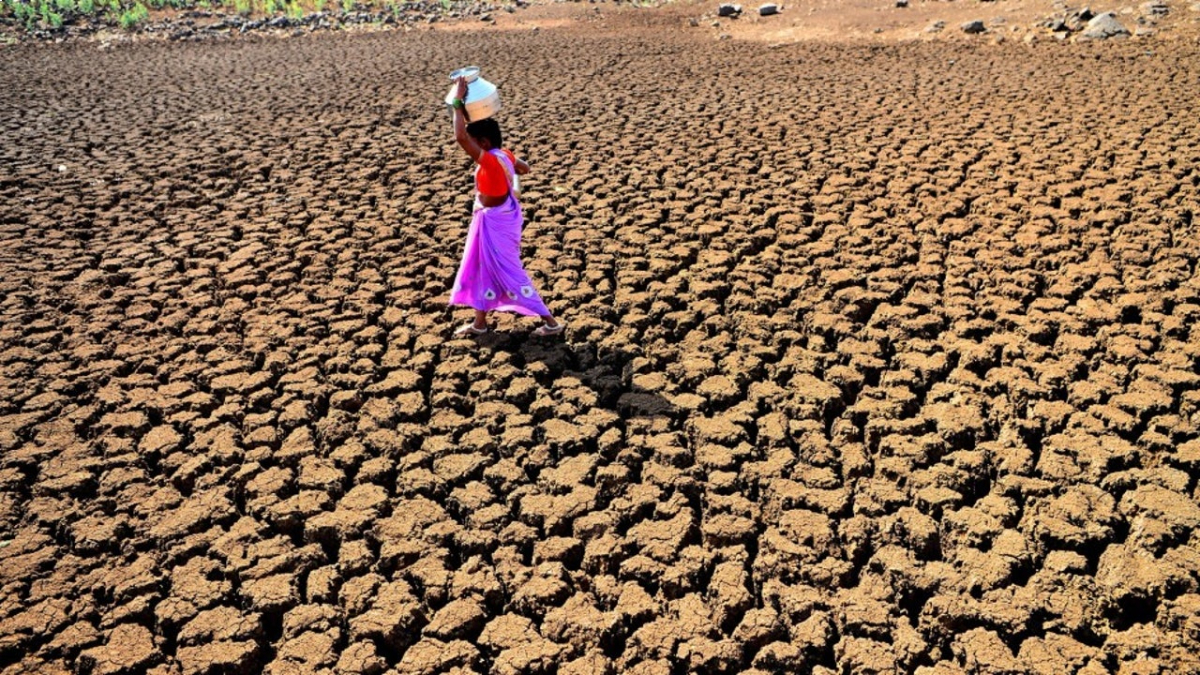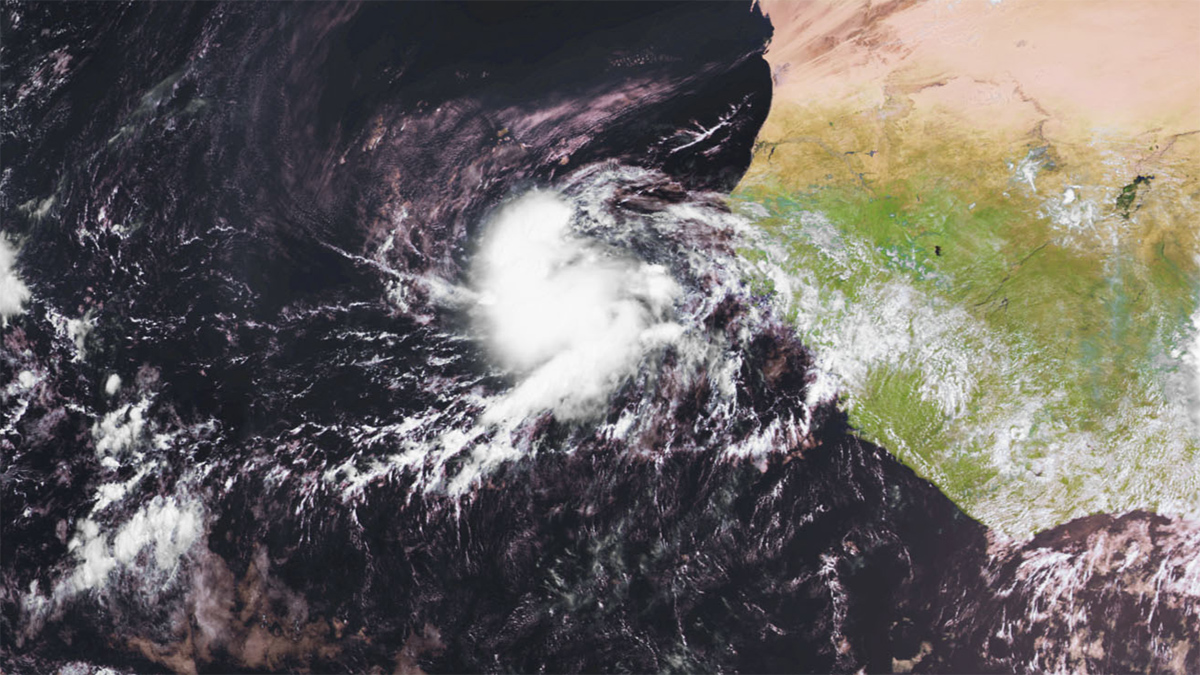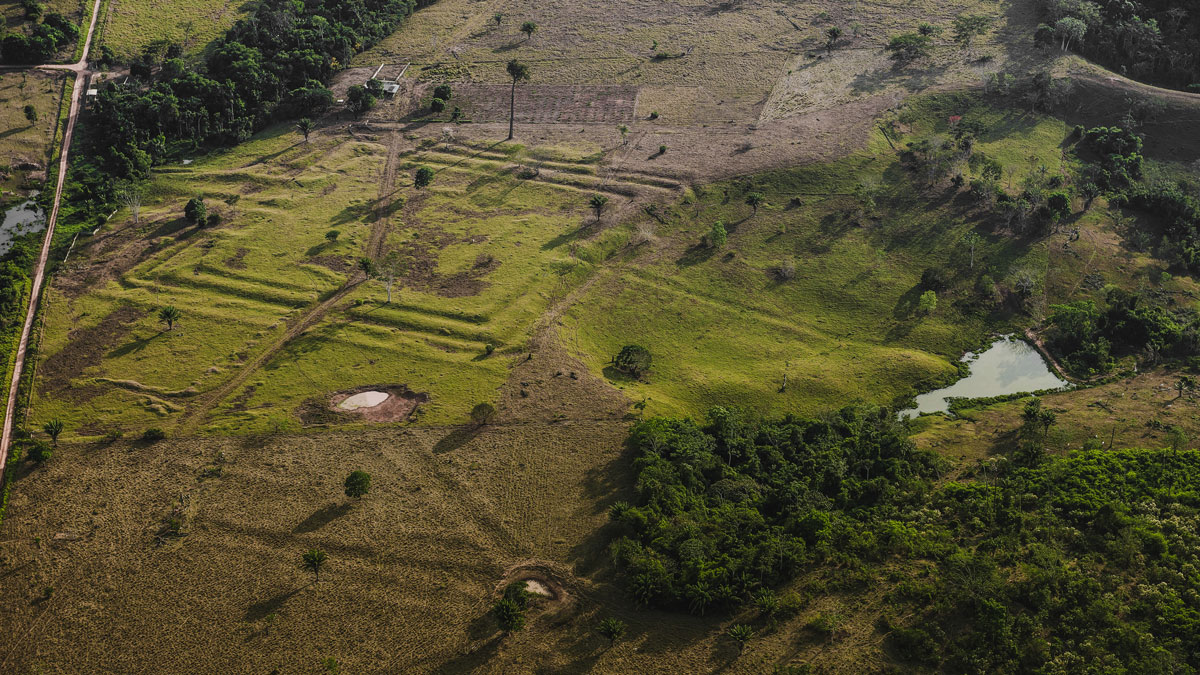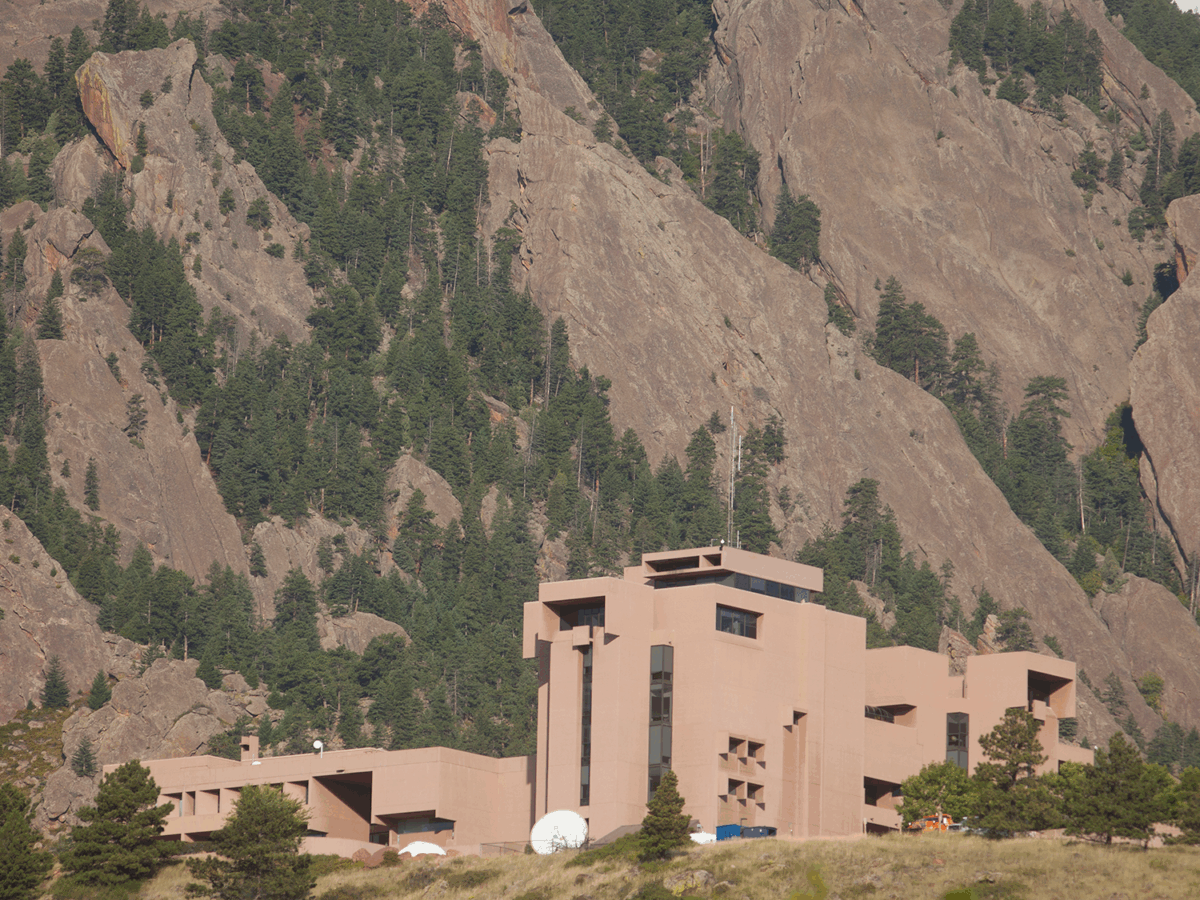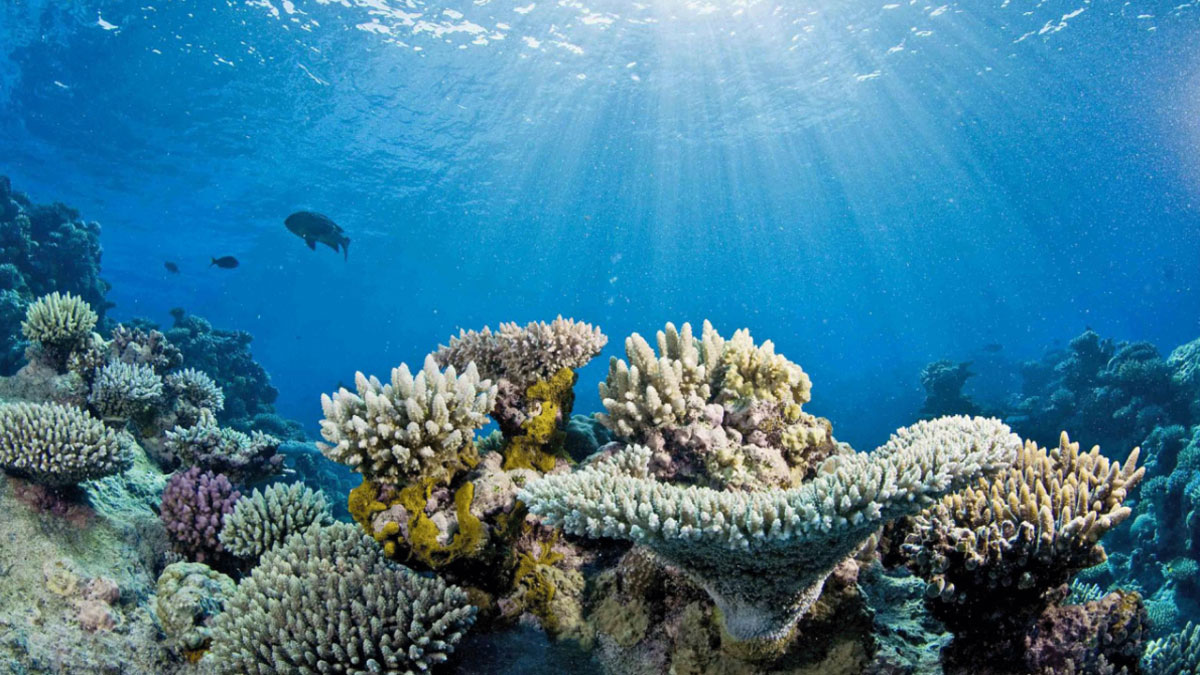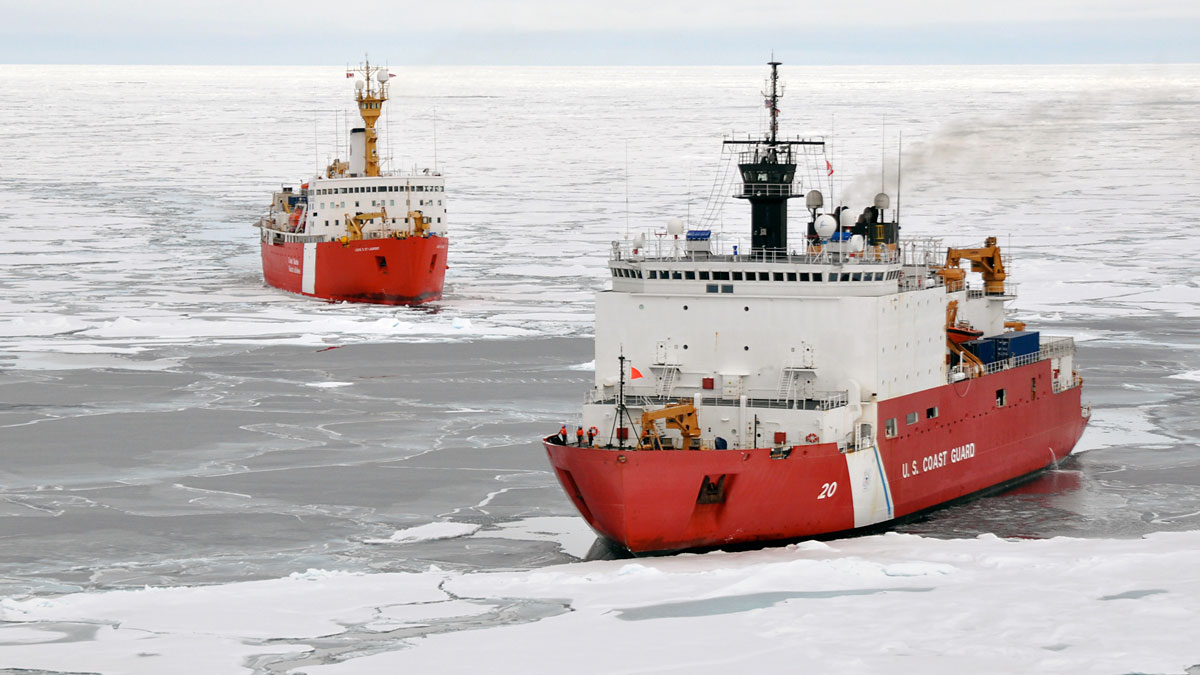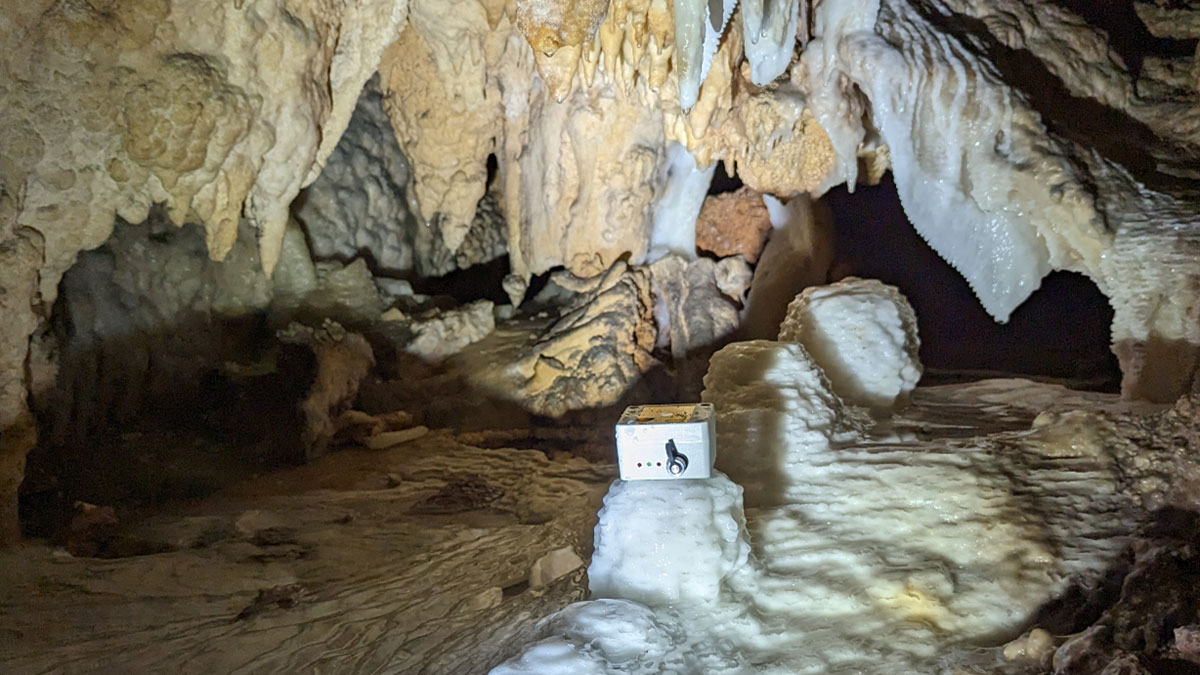The finding, which focuses on lower-income countries, could help inform plans to shrink the global climate knowledge gender gap.
Climate Change
Climate Change Could Drive Butterflies and Plants Apart
Insects and the plants they depend on are migrating in response to climate change, but not always in the same way.
Warming May Make Tropical Cyclone “Seeds” Riskier for Africa
Intensified hurricane precursors may linger longer over the continent, worsening extreme flooding hazards.
How Ancient Indigenous Societies Made Today’s Amazon More Resilient
Portions of the forest managed by pre-Columbian populations hold higher biomass and are more able to withstand climate change.
Trump Administration Plans to Break Up NCAR
The Trump administration is planning to dismantle the National Center for Atmospheric Research, one of the world’s leading climate and Earth science research laboratories, according to a statement from Russ Vought, director of the White House Office of Management and Budget, to USA Today.
Amid the Arctic’s Hottest Year, Arctic Science Faces a Data Deficiency
The 20th annual Arctic Report Card reveals new highs in temperature and new lows in sea ice, as well as an uncertain outlook for the availability of federal data.
Could Stratospheric Aerosol Injection Help Save Corals from Bleaching?
New research indicates a well-studied form of climate intervention might at least buy time for many at-risk reefs.
Tiny Turbulent Whirls Keep the Arctic Ocean Flowing
Centimeter-sized turbulence controls the rate at which the Arctic Ocean churns.
A Cryobank Network Grows in the Coral Triangle
As the ocean becomes increasingly inhospitable for corals, researchers in the Coral Triangle are turning to cryopreservation to freeze, thaw, and save the region’s hundreds of coral species.
When Does Rainfall Become Recharge?
Counting drips in caves is helping to reveal how much precipitation is needed to start refilling underground aquifers.

